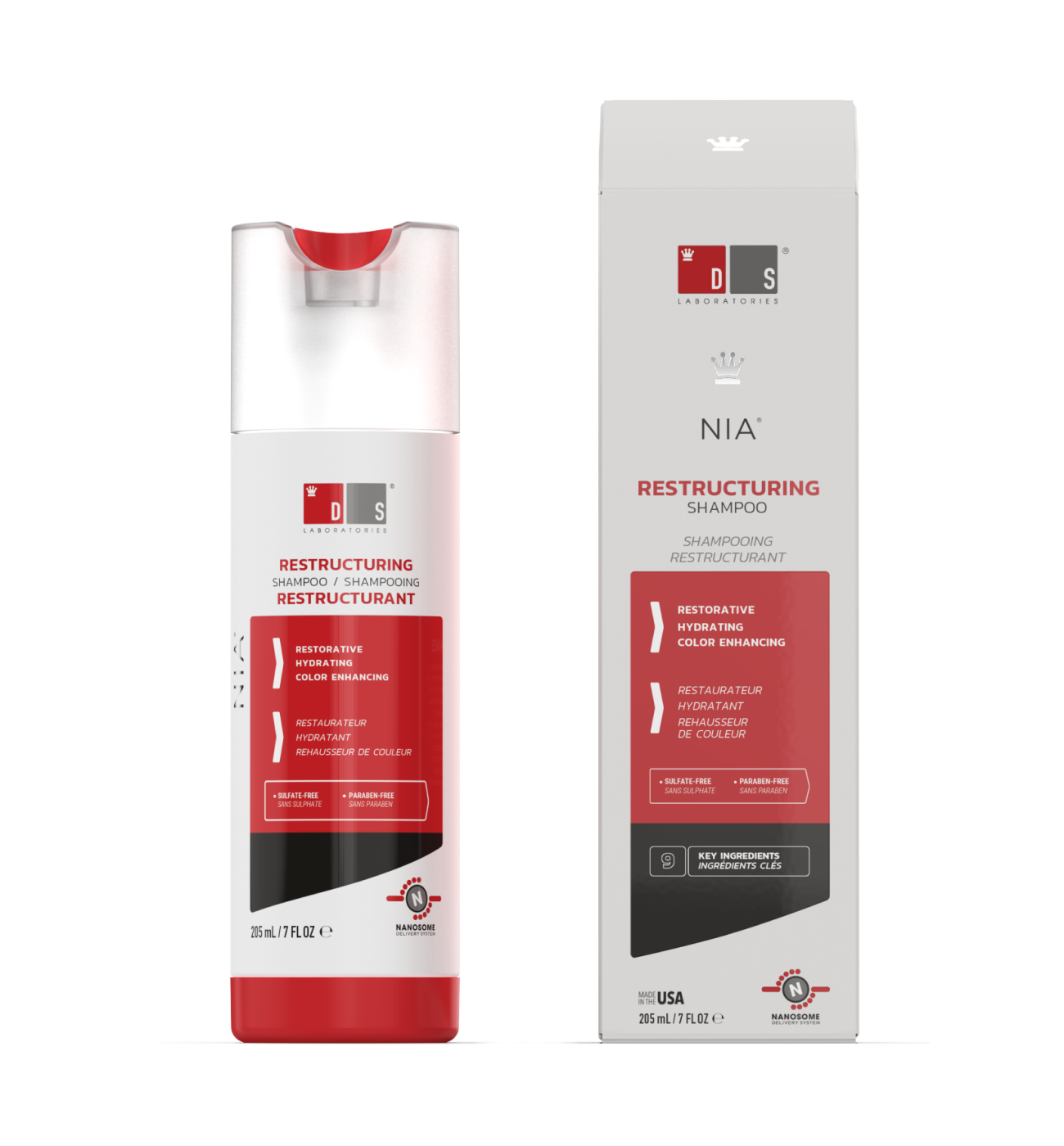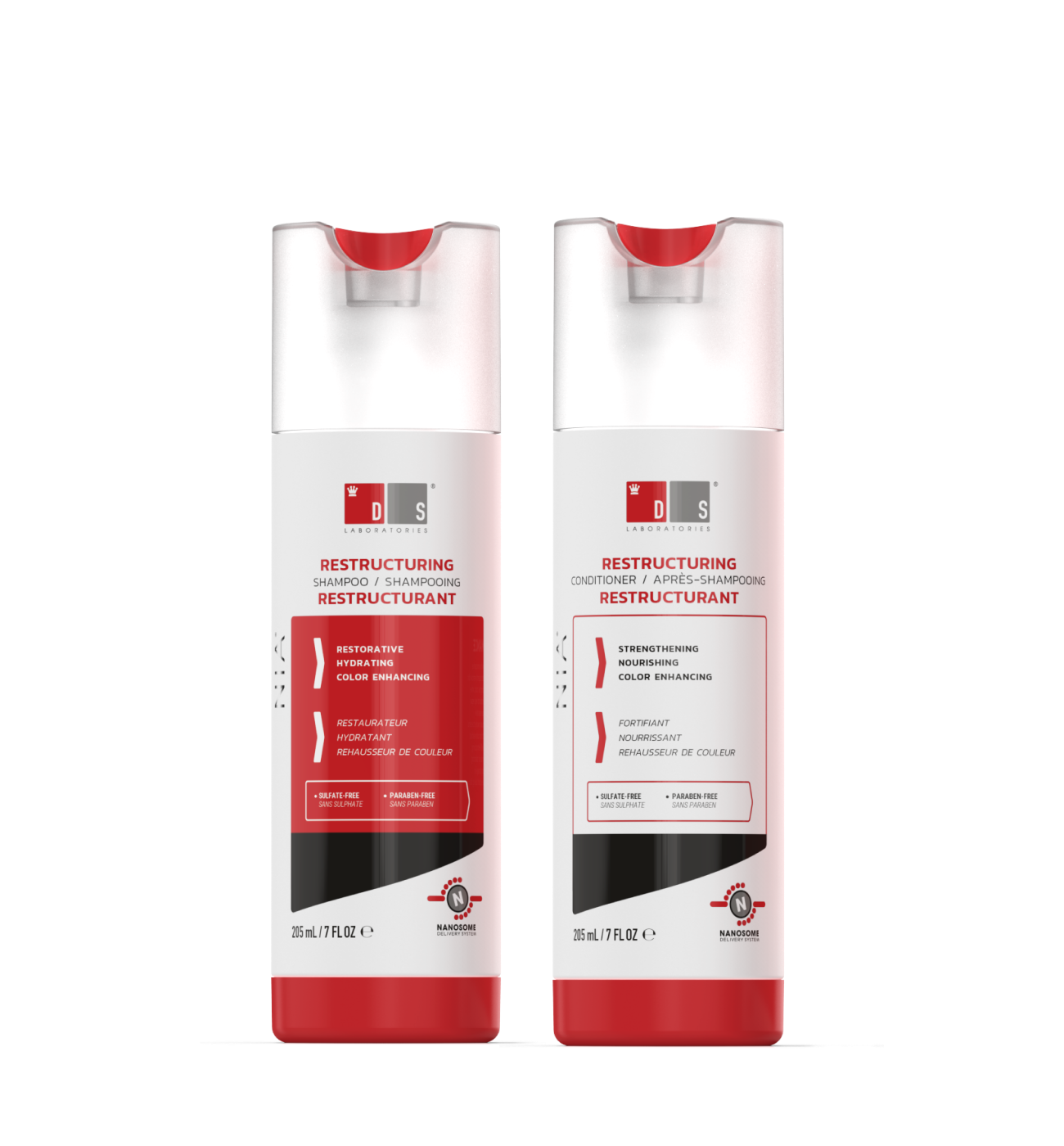Hair relaxers have been around since 1909 and have been used by women across the world to make their naturally textured hair more “manageable,” soft, and straight.
There is, after all, a lot of controversy surrounding naturally textured hair. Discrimination aside, natural hair is also misrepresented as being “high maintenance,” unprofessional, unattractive, and other similar negative connotations.
While the stereotype of straight hair being “better” has diminished, the damage it has caused isn’t easy to undo and straight hair remains the norm in most cultures.
Thankfully, women across the world are beginning to embrace their natural hair textures be they wavy, curly, coily, or kinky. However, many women continue to rely on hair relaxers to give them the highly coveted straight, smooth, and silky hair texture that’s easier to manage.
If you use relaxers, you’ve probably heard that they’re not great for your health. So, should you be worried? Let’s find out!
What Does Hair Relaxing Entail?
Hair relaxing is a chemical treatment in the form of a lotion or cream that is applied to the hair. The relaxer penetrates the cuticle and cortex layers of the hair shaft and loosens or relaxes the natural pattern. This reduces the curl or coil pattern of the hair, making it sleek and straight.
Hair relaxing treatments require touch-ups every 8 to 11 weeks for maintenance. Otherwise, newly grown hair at the roots will have a different texture from the rest of the strands.
What Is the Biggest Concern About Hair Relaxing?
The Black Women’s Health Study from Boston University studied 59,000 women for over 25 years. The results of their extensive research revealed the dangers of hair relaxers. It identified a relationship between the lye chemical in hair relaxers and an increased risk of breast cancer.
Meanwhile, another study suggests that hair straightening chemicals are associated with uterine cancer as well.
These are the two most extreme risks associated with hair relaxers. Though they are serious concerns, experts suggest that the numbers are too low for the correlation to be relevant. Despite such claims, people are understandably worried about the harmful effects of hair relaxer chemicals on one’s health.
In response, companies have begun selling lye-free hair relaxers. Unfortunately, they’re not completely safe either.
What Are the Most Common Side Effects of Hair Relaxers?
Breast cancer and uterine cancer are extremely unfortunate, but relatively rare concerns of hair-relaxing treatments. Additionally, there are products on the market that don’t contain harmful chemicals and may be safer to use.
This could be sufficient assurance for those with health-related concerns. However, there are other potential risks and side effects that are also worth noting.
Here are some common side effects of hair-relaxing treatments that you should be aware of:
Burning
Hair relaxers can cause scalp irritation or chemical burns which may feel like a burning or tingling sensation. This can be extremely uncomfortable and damaging to the hair and scalp.
Dryness
Relaxers break the hair’s disulfide bonds which drastically alters the hair shaft. This weakens the hair’s ability to hold on to moisture, making it dry, dull, and more prone to breakage.
Relaxed hair needs more maintenance to rehydrate it and make it healthy which could mitigate one’s desire for having “low maintenance” hair.
Breakage and Thinning
Aside from drying the hair out, which can cause dull and brittle hair, hair relaxers make the hair weaker due to the chemical reaction taking place.
This can cause strands to break off in the middle which can also make it appear thinner, especially if the hair breaks at a faster rate than it grows.
Follicle Inflammation and Hair Fall
The scalp is part of your skin. Just as your skin gets scars when it is burned or cut, the same happens to the scalp. The difference is that the burn from a relaxer can cause inflammation of the scalp and potentially scar the hair follicle.
This can lead to severe hair fall in the damaged area and across the scalp.
Unbalanced Scalp pH and Sores
The scalp’s natural pH ranges between 4.5 and 5.5. In contrast, relaxers have pH balances ranging between 9 and 14. When it is applied on the scalp, the relaxer causes the scalp’s pH to become unbalanced which can lead to swelling and inflammation.
Furthermore, relaxers can also cause sores on the scalp. They may crust over or ooze fluids which can cause infections and permanent hair loss!
Final Thoughts: Is It Worth the Risk?
You may be tempted to get your hair straightened to make it easier to manage. Though some hair relaxers are suspected to have serious health consequences, there are high-quality hair relaxers on the market today that do not contain dangerous chemicals such as lye.
Regardless of the potential risks and side effects, relaxers may seem worth the risk to you, especially if you have unruly hair or just prefer a sleeker look. However, you must be prepared to give your hair additional care to avoid and undo the damage caused by hair relaxers.
This involves hydrating masks, gentle shampoos, hydrating conditioners, and other products designed to nourish and strengthen hair.













